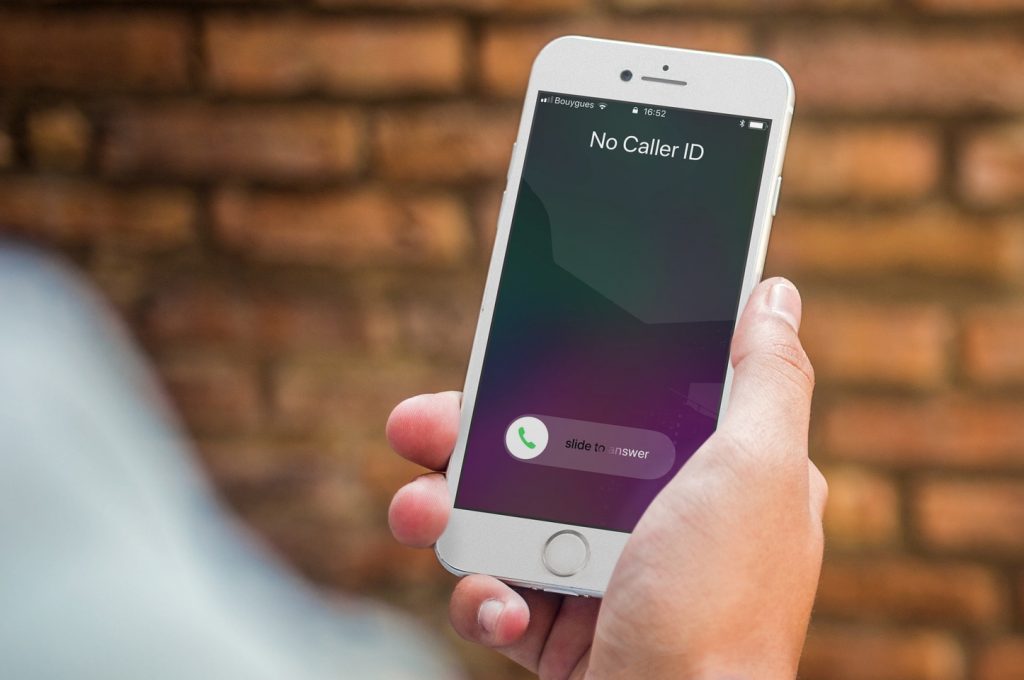
The problem of robocalls has been one of the rare issues that has united lawmakers of both parties. Now, key lawmakers in the House and Senate say that they have agreed on legislation to tackle the problem. A final agreement has been negotiated by senior members of the Energy and Commerce and Senate Commerce committees and the resulting bill will be sent to both houses of Congress and President Donald Trump for approval. The bill has not been made public in its final form yet.
A bipartisan group of House and Senate lawmakers announced the agreement. They said in their statement, “Today, we are proud to announce that we have come to an agreement in principle on legislation, the Pallone-Thune TRACED Act, to combat the robocall epidemic that we believe can be signed into law by the President. It’s time to put Americans back in charge of their phones.”
The House and Senate have been working for months on similar legislation to address robocalls. The Senate passed its bill by a vote of 97-1 in May. The House approved its version in July with 429 for the legislation and 3 against. The final legislation will combine elements of both the House and Senate bills. The lawmakers are working to finalize the bill text “in the coming days,” they said.
Robocalls have been increasing in volume and aggravating millions of Americans for years. There were more than 48 billion robocalls in 2018, up almost 50 percent from the previous year. There were 5.7 billion illegal robocalls in October, according to YouMail’s Robocall Index. Telecom companies have been offering call-blocking apps for smartphones and many home phones, although not always for free. Last June, the Federal Communications Commission (FCC) gave the companies permission to turn on call-blocking by default.
The new bill will require telephone carriers to verify calls and offer tools for their customers to block robocalls. It will also give the FCC a bigger window to investigate and punish the scammers who generate the billions of unwanted calls each year. Tougher penalties against illegal robocallers may also be written into the legislation.
